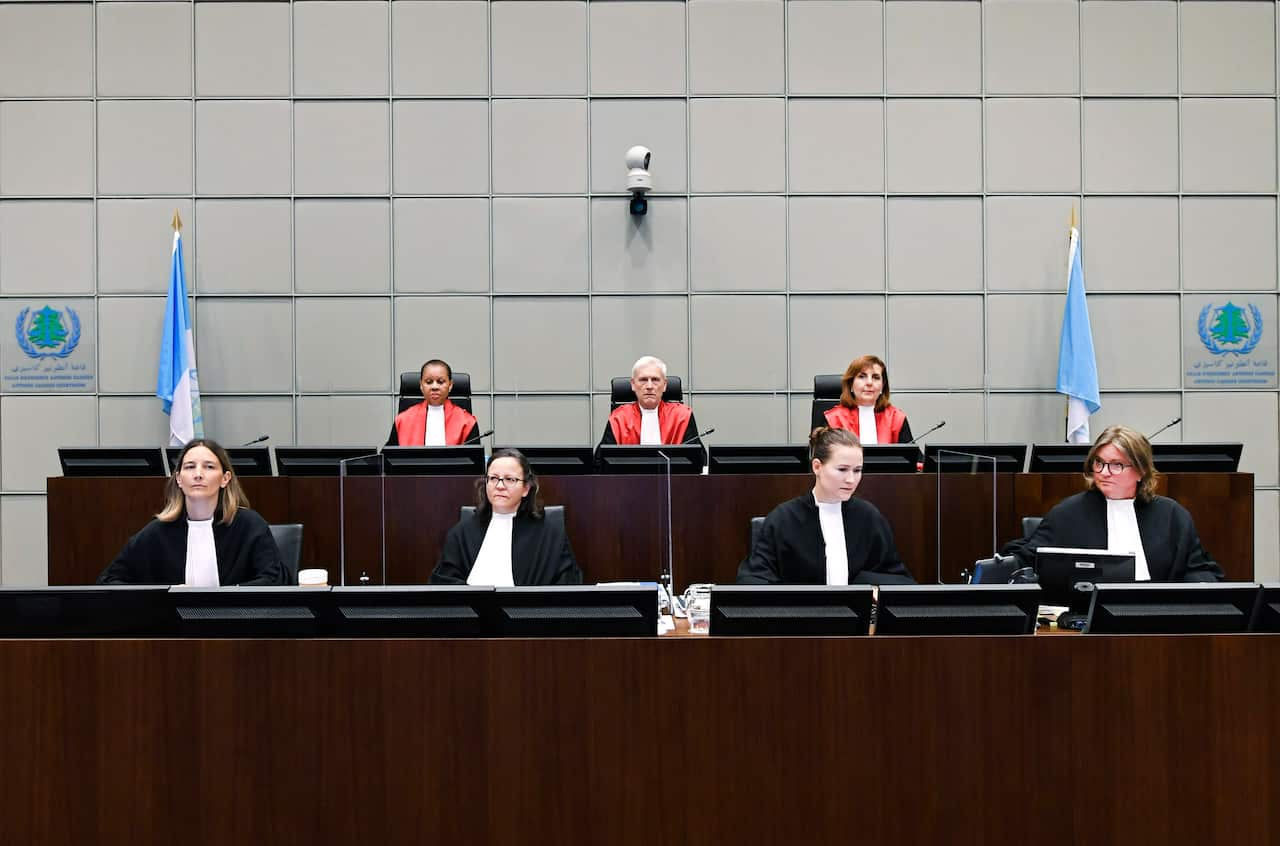The former New South Wales deputy police commissioner who led the international investigation into the 2005 assassination of former Lebanese prime minister Rafik Hariri says he's disappointed only one man has been convicted.
From 2008 until 2010, when four suspects were identified, Nick Kaldas was tasked with uncovering the identities of those who perpetrated the attack.
On Tuesday, a United Nations-backed special tribunal in The Hague found Hezbollah member Salim Jamil Ayyash guilty in the bombing assassination, which also killed 21 others.
Three others were acquitted due to a lack of evidence.
Mr Kaldas said he felt "deflated" only one conviction was recorded, but hoped the other victims' families could still find some comfort in the verdict.
“It’s obviously disappointing that not all four were convicted, it’s the umpire’s decision, but I do see a lot of positives in the conviction of that one individual,” he told SBS News on Wednesday.
“It proves that the evidence that came out was accepted by the court.
"I hope the truth has come out, and even though there wasn’t a conviction on all four indicted, I hope the victims and the victims' families have had a measure of justice."

The assassination involved a car bomb and some 2,500 kilograms of explosives.
The judge found Ayyash guilty of planning and carrying out the attack, as well as the murder of Mr Hariri and the other 21 people, and now faces a life sentence.
Sentencing is scheduled for September, but it’s unlikely Ayyash will serve time in prison - Hezbollah has refused to hand over any of the defendants, questioning the court’s legitimacy.
The guilt of the three other men - Hassan Habib Merhi, Assad Hassan Sabra and Hussein Hassan Oneissi - could "not be proven beyond doubt", the judge ruled, noting the evidence was almost entirely circumstantial.
However Mr Kaldas questioned how the tribunal found there was no evidence linking senior Hezbollah leadership to the incident.
“I can’t see how that could have happened," Mr Kaldas said.
"The man convicted has been acknowledged as a member of Hezbollah. Hezbollah is a very structured and disciplined organisation -nobody acts outside the rules and the demands."
READ MORE: Hariri assassination - How a NSW top cop cracked Lebanon's biggest murder case
Some of the victims' families have criticised the tribunal for failing to convict all four men and for finding no evidence of Hezbollah leadership involvement.
Hezbollah has long denied any involvement in the assassination and did not immediately comment after the verdict.
Tuesday's hearing came after 15 years, the spending of around $1 billion (USD), more than 3,000 pieces of evidence and 415 court sessions presided over by 12 international judges.
It was initially set for 7 August, but postponed until 18 August due to the massive blast at Beirut's port.
UN chief Antonio Guterres called on the international community to respect the decision of the tribunal.
"The judgement in the case is a reflection of the international community's commitment to justice for the terrible crimes committed on that day," Mr Guterres said.
Additional reporting by Virginia Langeberg, AFP.

